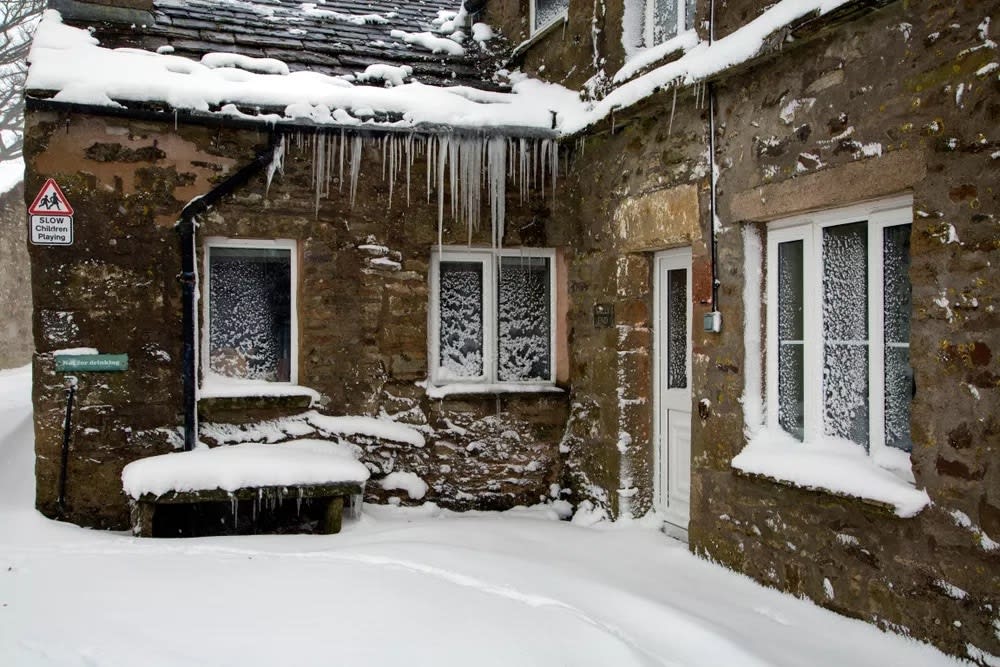Property owners, landlords and tenants, need to be more diligent during the winter months when it comes to carrying out maintenance checks to their property to avoid damage from heavy rain, storms and cold snaps. But when a property is empty, how do you avoid major winter damage?
When your property is unoccupied, it’s easy to forget certain necessary precautions, which can put your property at risk, this coupled with potential delays in discovering damage can lead to even more extensive damage.
Because of this, insurers view empty properties as riskier, and they typically reduce the level of cover in place once the property has been empty for more than about a month. Some insurers regard the cover as having lapsed entirely.
The simple reason is that an empty property attracts different risks to one that is lived in continuously and your regular insurer may want to avoid those additional risks.
It is important that you notify your insurance company when you are in between tenants and / or if your property will be unoccupied for more than a month.
You should also read the terms and conditions with regard to unoccupied properties, particularly over the winter months.
But how do you mitigate the risk of damage when there’s nobody at the property?
Avoid frozen pipes
Keeping the house, particularly the water pipes, warm enough to avoid them freezing is the most important job. There are three options which will be your main defence for your property against the cold:
- Keep the heating on continuously on a low-temperature setting (around 12 degrees is enough)
- Set the heating to come on daily for a few hours early in the morning and again late evening to help keep the property above freezing. The thermostat can be set lower than you would be comfortable living, but it should be warm enough to raise the house temperature and get warm air circulating (around 20 degrees)
- If keeping the heating on is not an option, then the plumbing and heating systems in the house should be drained down. Without water in the pipes to freeze, the chances of burst pipes are greatly reduced and if the severe cold does damage pipes there would not be water damage caused while you are away and the ice defrosts. That said, this draining the system down reduces the risk of water damage, but there could be water trapped in parts of the system that can’t be drained, so this option doesn’t guarantee that no damage will occur.
Inspections
Your insurer is likely to request that the empty property is visited and inspected on a regular basis and a log of such inspections kept. This might be done by friends or relations or reliable neighbours, although it is also a service offered by a growing number of security and property management companies.

